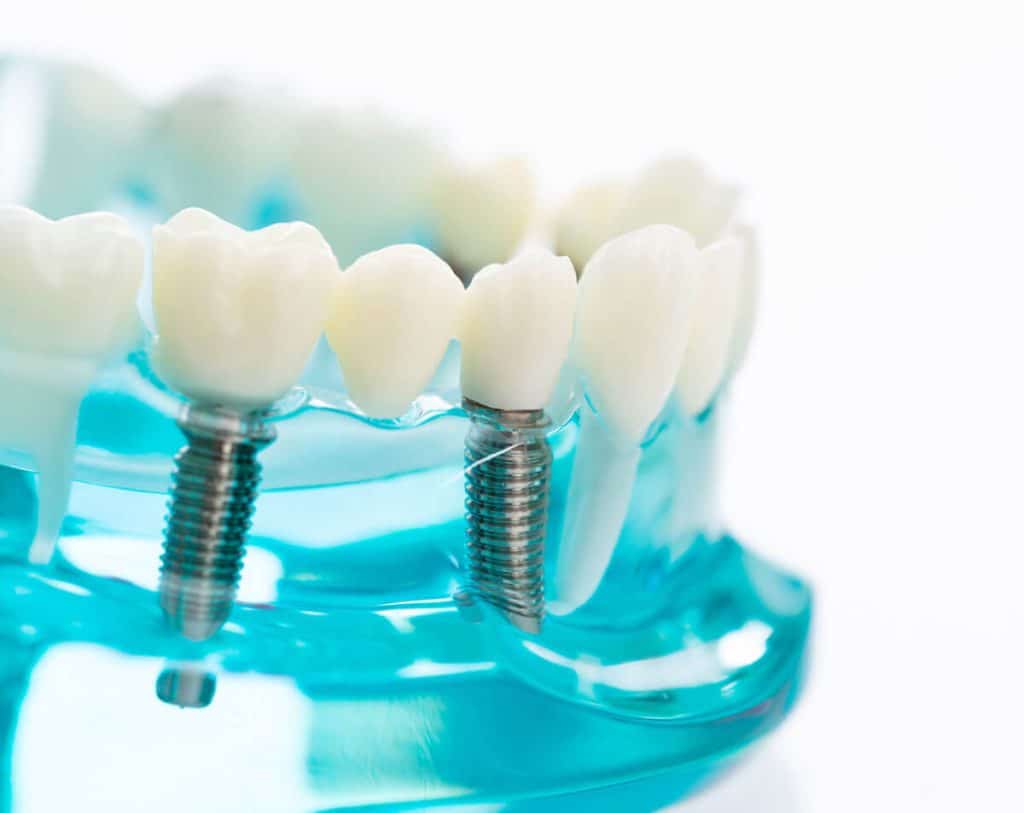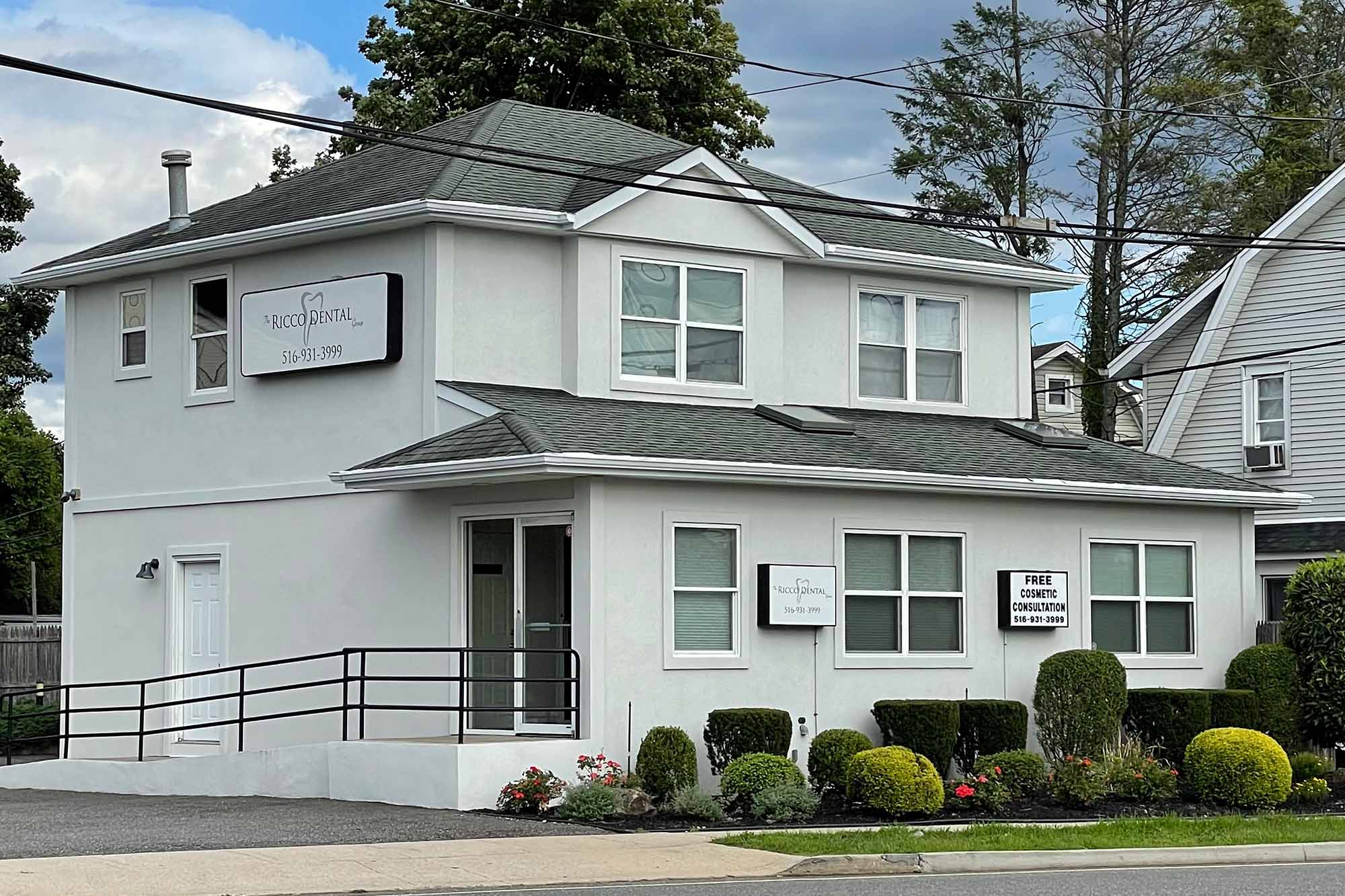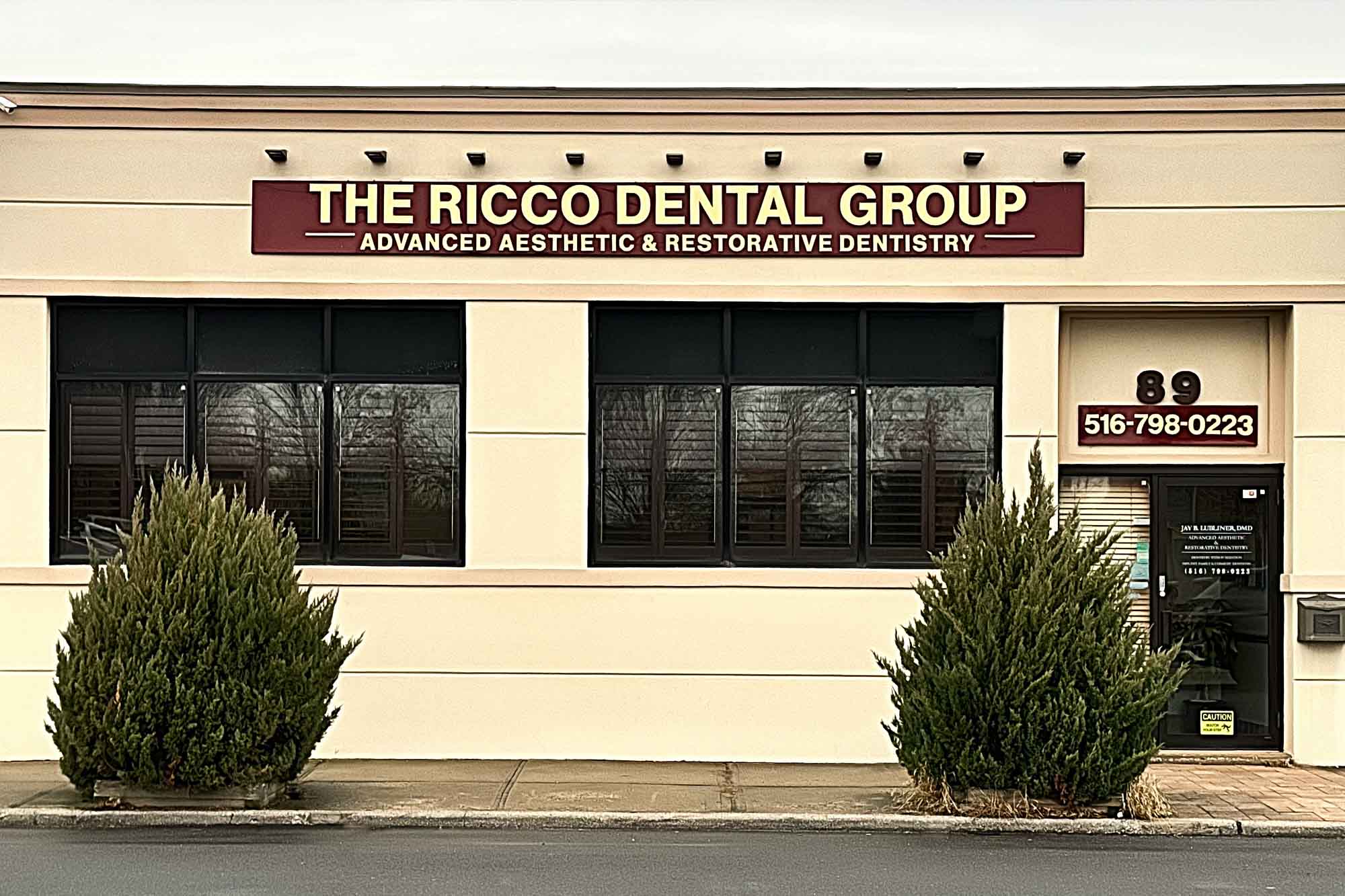Mini-Implants vs. Full-Size Dental Implants

Mini-implants are a dental implant option that many of our patients are interested in learning about. They hear that these implants are faster, placement is less invasive, and they don’t require bone grafting, and want to know why they should bother with conventional implants when mini-implants sound like such a great alternative. The catch when it comes to mini-implants is that they’re simply not a good fit for every patient. Here’s what you should know about mini-implants vs. full-size dental implants.
What are mini-implants?
Mini-implants—also known as mini dental implants or MDIs—are implanted into the jawbone just like traditional dental implants, but they are smaller in diameter. The other difference between the two types of implant restorations is that traditional implant-supported restorations have three parts (the implant itself, the restoration that replaces your missing tooth, and an abutment to connect the two), while mini-implants don’t have an abutment—the restoration attaches directly to the mini-implant post.
Mini-implants cost less than traditional dental implants and the procedure is faster and easier. They are implanted in a single appointment, with only local anesthesia. The surgery to implant the posts takes about two hours; no sutures are needed afterwards and your restorations are attached to your implants immediately after surgery, so there’s no need for a temporary restoration.
What are the benefits of mini-implants?
Mini-implants are an excellent option for many patients. Some of the advantages of MDIs include:
- Lower cost
- Less invasive surgery
- Entire restoration is complete in one day
- Faster recovery, with less pain
- No bone grafts or sinus lifts needed prior to implant surgery
- Fewer complications
Just like conventional dental implants, mini-implants work to prevent and reverse bone loss in the jaw. When patients are not candidates for regular dental implants, mini-implants allow them to experience many of the same benefits.
What are the downsides of mini-implants?
While mini dental implants make implant-based restorations accessible to patients who cannot have traditional implant surgery, there are some significant disadvantages that must be taken into account:
- Mini dental implants are a newer treatment option than traditional implants, so there is not the same volume of scientific research and studies published on them
- Mini-implants cannot be used in areas with little vertical bone
- More mini-implants are required to support dentures and bridges than traditional dental implants
- Because mini-implants have two pieces instead of three, the entire restoration must be replaced when damage occurs
- Mini-implants may not be an option for replacing teeth on the upper arch
Are mini-implants right for you?
For most patients, we recommend traditional dental implants. There are, however, some circumstances in which we may recommend mini-implants instead. If you are unable to undergo traditional dental implant placement or if you’ve experienced bone loss in the jaw but cannot or do not want to have bone grafts, mini-implants may be an option for you. We also choose mini dental implants for patients who need to have their front teeth replaced, who have naturally small teeth, or who need to have a restoration placed in a narrow space.
Learn More About Mini Dental Implants
To learn more about mini-implants vs. full-size dental implants, contact us today at 516-798-0223 to schedule a consultation.




